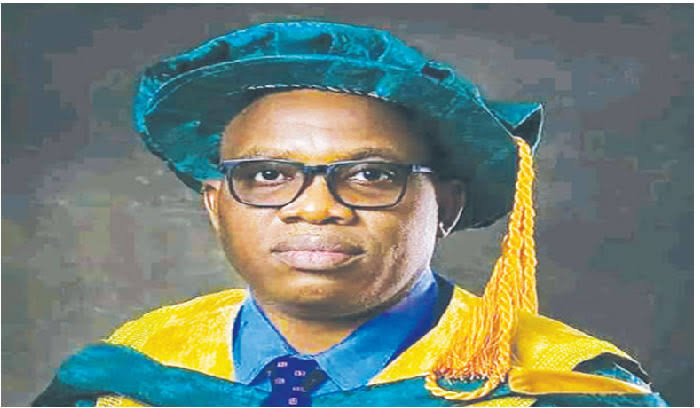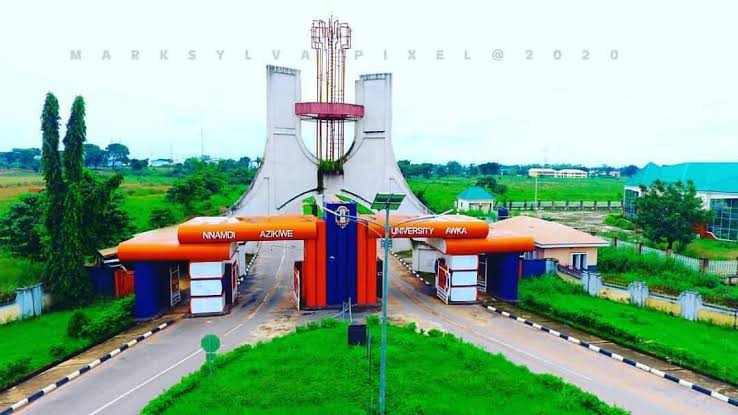Everyone in their career or personal life has a point they could say changed their direction. When and where was this for you?
A turning point? Okay, I think it was in the first year of my Doctor of Philosophy (PhD). My bachelor’s was in computers from the Faculty of Computers and Information – at Cairo University, Egypt and finished top of my class, my cumulative grade point average (CGPA) was 3.90 over four. So I was going to do my PhD in the United Kingdom. Arriving at the University of Sheffield, UK, was not a turning point but a kind of shock.
For the first time, I suddenly felt so low, down looking at the skills, knowledge and techniques required of me. I was kind of frustrated and knew the reason. Many of the students were coming from advanced countries. And some of us coming from Africa and Egypt did not have the quality of education that they did.
It was really sad but I did not remain at the level of self-pity. I cried and also realised at that point that my destiny was in my hands because I now had the same access to the same quality of education. I finished my master’s and PhD in less than four years, I published in reputable journals and lectured in the faculty. I was able to do it.
What this means is that Africans can compete with others. However, we do not have the resources and opportunities in Africa. This realisation made me return to my country to create an impact.
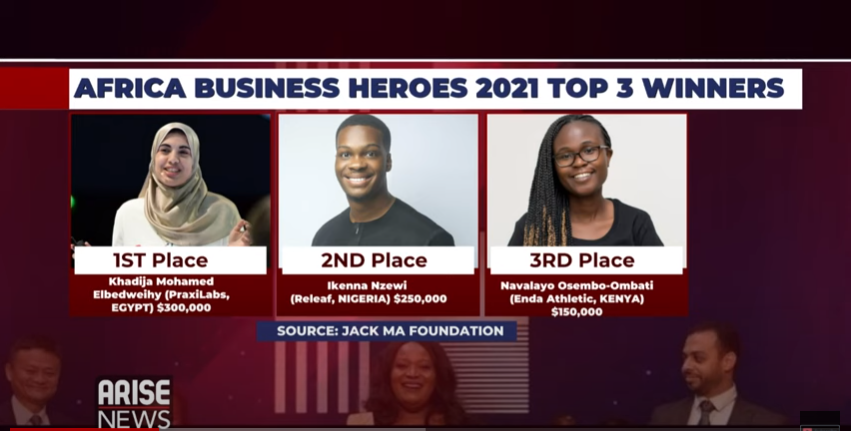
And because I was in computer science and had many students and colleagues studying science, technology, engineering and mathematics-related subjects. I found a huge gap in mathematics and laboratories-based sciences, critical components of their studies but problematic in emerging economies. This is not a uniquely African problem. There are variations of it in the UK, USA, and Norway.
Either you do not have a lab in an emerging country or you have one still accessible and you cramp everyone into two to three hours and you have a problem with safety because they are encountering substances. You have a problem with the cost because of the kit itself. Thinking about how to solve these problems I thought of virtual labs. There are virtual labs out there but none existed in the region.
Yes, I finished my PhD in 2015 and came back home to my country. I kept digging and digging until I understood the idea to ensure it was relevant and in 2017 I had my first product. Since then we have started and we have the advantage of more than one million students in both emerging and advanced countries.
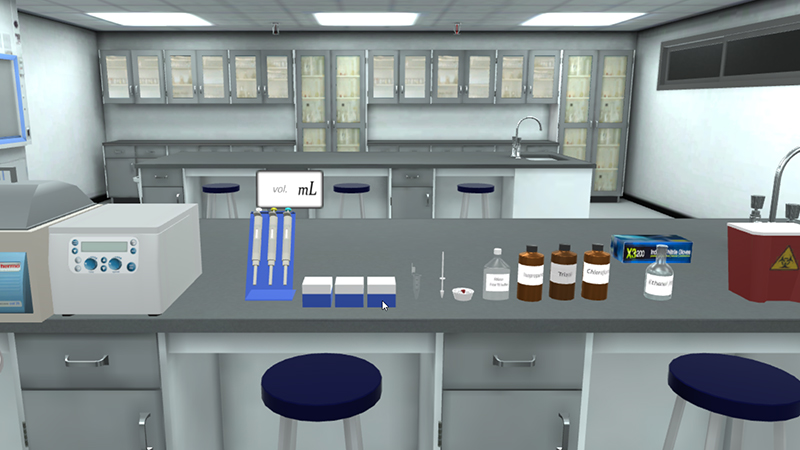
RNA Extraction Virtual Lab Simulation – Credit: PraxiLabs
From 2017 to the present, what are some of the transformations you see and are proud of?
From when we started, the professors, students and many people did not believe in the power of digital transformation. It was difficult to convince anyone that this would work. We changed a lot progressively and gradually, especially with Covid-19. But we needed to also convince them even without the pandemic their huge value in sitting and learning from a virtual lab.
You may not have access to a physical lab but you can go online and access one. When you see our virtual labs, they mimic labs so much in detail, colours, and how they look in the software of the mobile device you are viewing. This enhances the student’s learning outcomes and not only improves their grades. It perfects their learning in so many ways. This provides huge advantages for people with learning disorders.
For instance, someone who is behind the science class would be shy because they have a chance to overcome this with virtual labs. They are confident that they can make mistakes and when have access to real labs they perform better. Students are more motivated and engaged.
This would keep more STEM students in school because some of the reasons they drop out is because they are not motivated. We are convinced that virtual labs and e-learning platforms can help.
Every entrepreneurship journey has challenges, what have been yours?
I think all female founders would say that it is real, the statistics say 2 per cent, and in the emerging markets, it is even less because that is for the US market. I think it is terrible, that’s the word. By the way, we did not raise funds not only because we were female-founded.
So being a founder or a female exec is the most challenging but it gives me pride that we were able to do so many positive things and I am not upset. Whatever value you can create, or good you can do being a woman could come in the way. Otherwise, the journey has been amazing and I am enjoying it.
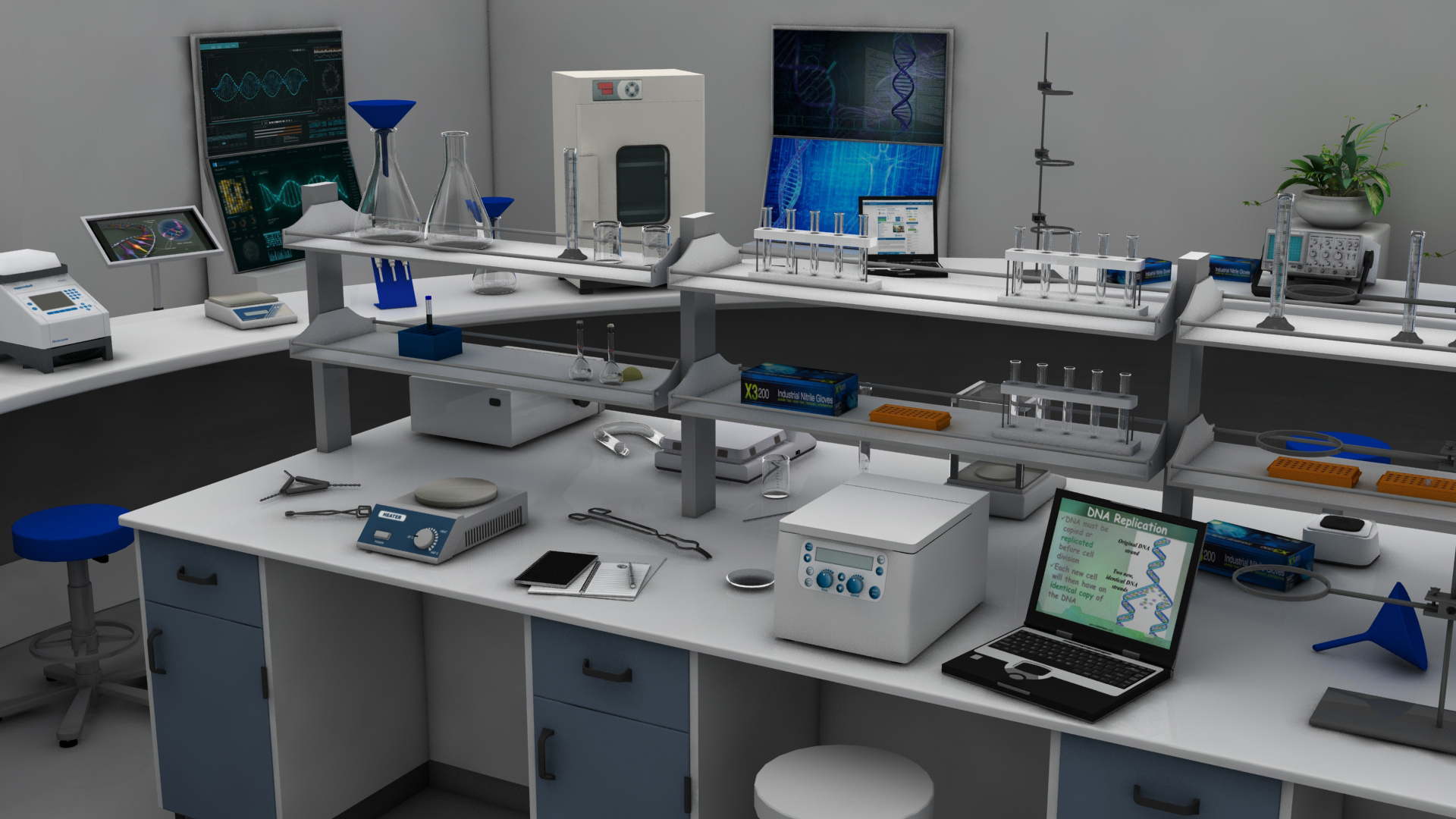
PraxiLabs virtual labs – Credit: PraxiLabs
What’s the big picture?
Two years ago, we won Africa’s Business Heroes competition in 2021. It was amazing for us not only because we won against people coming from Yale, coupled with competing in the US but because of the way the judge had said it. He said he had seen it because we are three sister founders, and he said that our management style and delivery to the team were inspiring. How we were able to achieve the much we have achieved, creating a lot of value.
He said, yes we are girls but we built a platform that will impact millions of students with what we do. From there, I felt that the journey just started. This was in 2021, we got that prize money and started using it to create our native app because Africa cannot provide a laptop for every student.
So we are committed to it and just a couple of months ago we were able to launch our native app. It also has an offline mode for students without access to the internet. This is the future for us. To reach every student who is in need and does not have the resources.
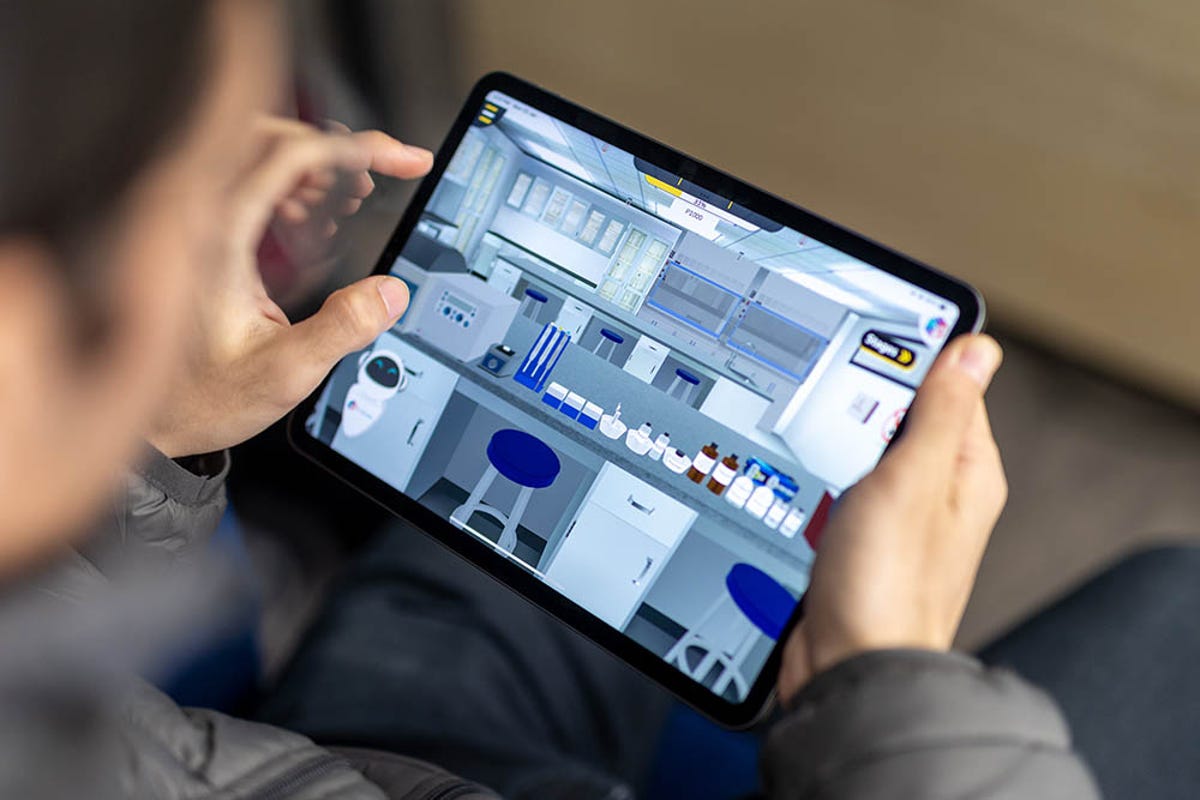
PraxiLab virtual lab on mobile – Credit: PraxiLabs
Read also: Pockets of excellence of people are breaking barriers at the frontier of AI even in Africa – Shingai
What does the WISE 11 theme ‘Creative Fluency: Human Flourishing in the Age of AI’ mean to you?
I did not attend some of the panels and lectures but artificial intelligence is no longer a trend but the real thing. I believe in it because for my PhD we doing a lot of advanced language processing, data analysis or data and AI and how they can help.
We were so pessimistic because we did have use cases back then. It is just like research. But now many people are showing the use of it in education, and health, and I know that in education it has so much potential.
Many people talk about its potential in teaching. For example, I am using it for my kid. There are many tools and experiences this brings that you have as a student. My 10-year-old daughter, can just try to paragraph with an AI tool and just say, could you give me your opinion because you are my AI-based teacher?
The AI tool sends the opinion like a teacher in English. And say yes you are right in this and this. You missed that and the grammar of such a structure. This is so efficient as if you have a teacher anytime you need it. That is a different example to show AI’s potential in education.







